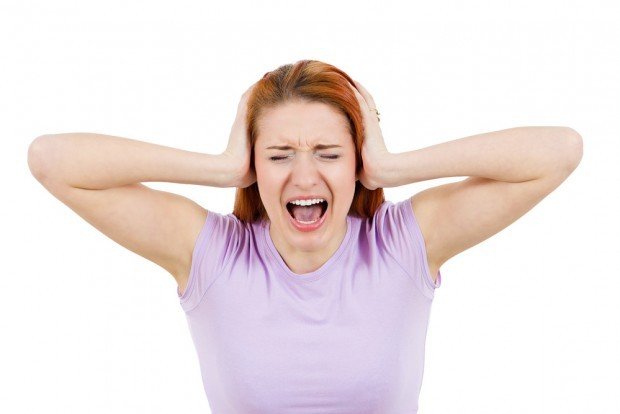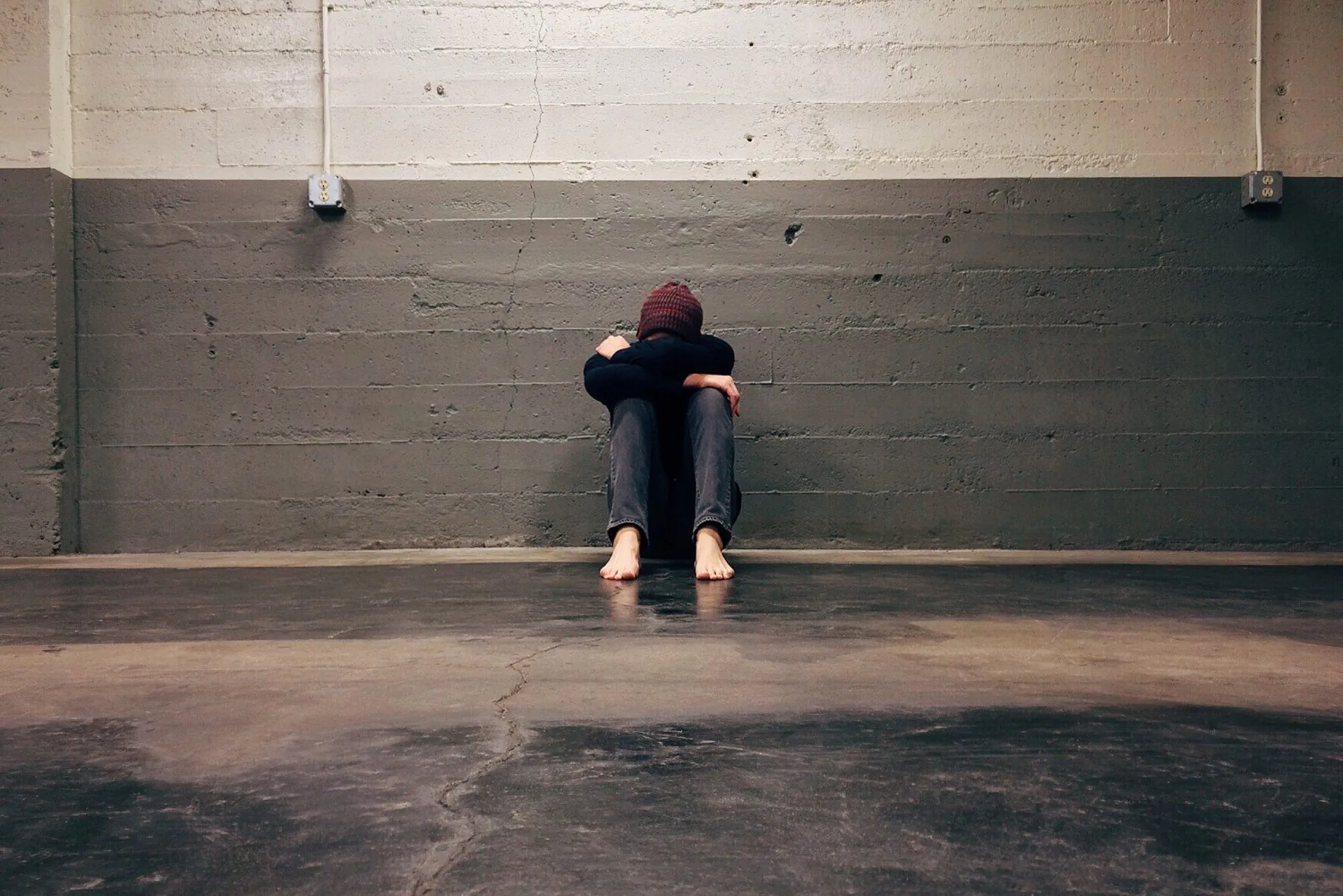If you are a parent or a guardian, it is mandatory to understand that just like adults, children, adolescents, and young adults also get affected by mental health issues. Their age or stage in life will determine the complexity of identifying or them talking about specific issues. This article is meant to shed some light on everything about mental problems that may affect members of these demographics.
Before you decide to seek depression treatment, what do the statistics say? According to the centers for disease and control (CDC). Roughly 6.1 million children falling between ages 2 and 17 have been diagnosed and treated for ADHD. A further 4.5 million people have been diagnosed with a behavioral disorder, and the percentage is 7.44% of children falling between the age brackets of 3 to 17 years.
That said, about the statistics, how should you identify a mental related issue? At the end of this article, you should have some knowledge about the signs and some of the problems affecting young citizens.
General signs to look out for
Often, people around individuals suffering from varied mental/psychiatric conditions confuse symptoms of illnesses or conditions. And in some cases, these signs are ignored altogether. Either of these two situations can lead to the individual’s mental health condition deteriorating and might, in the long run, have a catastrophic end.
To help you seek medical attention early enough, you shouldn’t ignore the following signs;
Substance abuse.
This sign is common among young adults and sometimes adolescents. Trying to escape from their troubles will motivate them to start using and abusing alcohol and drugs.
Rapid weight loss.
Stress, as well as depression, can lead to an individual reducing the consumption of food.
Poor concentration.
Young people going to school might register for poor performance. Psychiatric and psychological issues will also lead to poor performance in activities they were otherwise good at.
Mood changes.
This is another common sign; a jovial or friendly individual may suddenly become reserved or hostile.
Behavioral changes.
An individual may exhibit aggressive behavior to people around them and may express a desire to harm others.
Extreme feelings.
Individuals might display intense feelings that are, in most cases, strong enough to disrupt their day to day activities. Examples of such feelings include anxiety, rapid heartbeat, as well as intense breathing.
Self-harm or suicidal thoughts.
Individuals may be tempted to self inflict injuries or take their lives.
The aforementioned signs are some of the red flags parents and guardians should always be on the lookout for.
Mental health in our youth
That said, what are some of the common psychiatric and psychological issues that can affect persons falling under the above age group? They are as follows:
Eating disorders
Eating disorders translates to an attempt to try to gain or lose weight. Concerns about weight are felt by the vast majority of adolescents. That said, girls represent over 90% of those concerned/affected by weight issues. Other recent research showed that 36% of adolescent girls believed that they were overweight. A whopping 59% of those numbers were trying to or were passionate about losing weight.
These statistics by no means translate to eating disorders being a reserve of the girls. Boys are also concerned about their weight. This concern causes them to diet or exercise to get a perfect body. The following are the three most common eating disorders.
- Binge eating disorder. It comprises of frenzied eating.
- Anorexia nervosa is characterized by an individual struggling to accept/embrace their weight, as well as
- Bulimia nervosa, this consists of an individual consistently eating the following it up with self-induced vomiting.
If left unchecked, these issues could be catastrophic on the individuals involved. As soon as you notice any of these disorders, that is a red flag, something bigger might be happening. The only right thing to do is to seek specialized attention.
Anxiety disorders
It is okay to experience anxiety once in a while. And in simple terms, anxiety is a reaction to stress. It comprises of great uneasiness and fright. Under normal circumstances, anxiety helps young people to build confidence when dealing with tough conditions or situations. Exams, public speaking, and even some sport disciplines can trigger anxiety. In most cases, though, these issues can be dealt with relatively quickly.
It is, however, vital, noting that what may seem to be common uneasiness or fear may be a sign of entrenched complications among younger members of the population. Anxiety in children, adolescents, and young adults can affect their day to day activities and association with persons around them.

On a personal level, the signs include irregular sleeping patterns, unusual eating habits, fatigue, unexplained pain/illnesses, solitude, irritability, depression, as well as poor concentration.
Anxiety can also affect young children, and some of the signs include: crying, sleeplessness, tummy aches, becoming clingy, poor appetite, irritability, as well as poor concentration. However, the disorder is both treatable and manageable.
If you notice any of the mentioned signs, it would be vital to visit a specialized facility. Remedies and treatment for anxiety include counseling, anxiety medication, and cognitive-behavioral therapy (CBT).
Schizophrenia
Schizophrenia is a mental disorder that makes it difficult for individuals to differentiate between what is real or not. This condition also affects how individuals view the world, act, feel, and behave. As of yet, the exact cause of schizophrenia is unknown. However, some medical experts believe that it is caused by altered brain chemistry, environment, or genetics.
The symptoms and signs of schizophrenia are as follows.
- Psychological symptoms. This makes an individual have hallucinations, delusions based on religion, and paranoia that can be described as extreme. Individuals can also claim to hear both internal and external voices. They may also experience fear and extreme depression.
- Behavioral symptoms. Individuals may display increased excitement, hostility, as well as agitation. Individuals become disorganized, can inflict injuries on themselves, and particularly prefer solitude.
- Cognitive signs. This is another set of symptoms displayed by people experiencing schizophrenia. They include memory loss, being slow in performing activities, believing that one is superior, mental misperception, as well as bewilderment.
- Signs identified from speech. An individual might display rapid speech, slowness in speech, jumbled speech, as well as conditional speech.
- Signs displayed in the mood. Unexpected emotional response to the situation is one of the most popular signs of people with schizophrenia. They also show loss of interest in activities that would otherwise be termed as fun activities. Increased anger and discontent are also signs falling under mood.
 Upon a successful diagnosis, treatment of schizophrenia is usually life long. The treatment process usually involves a combination of psychotherapy, medicine, and specialized care.
Upon a successful diagnosis, treatment of schizophrenia is usually life long. The treatment process usually involves a combination of psychotherapy, medicine, and specialized care.
Attention deficit hyperactivity disorder (ADHD)
Attention deficit hyperactivity disorder (ADHD) is a psychological condition that often begins at birth and can remain with an individual well into adulthood. It is vital noting that this condition lasts a lifetime.
ADHD requires a medical diagnosis, and upon the correct diagnosis, treatment can commence. The symptoms are as follows:
- Behavioral symptoms. The changes in behavior will vary from individual to individual. Lack of restraint, irritability, impulsivity, repeating words, as well as aggression, are evident signs among young adults, adolescents, and children.
- Cognitive symptoms. Increased hardship when concentrating or focusing on schoolwork. Participation in extracurricular activities also turns out to be a challenge.
- Mood-related symptoms: increased anxiety, quick to both boredom and anger, as well as mood swings.
It is also worth noting that slowness in learning and depression may be symptoms of attention deficit hyperactivity disorder. The treatment includes; therapies, medication and specialized attention. Therapies consist of joining support groups, anger management classes, psychological counseling, cognitive-behavioral therapy (CBT), psychoeducation, and applied behavioral analysis.
Medications include the use of stimulants, anti hypersensitive drugs, and cognition-enhancing drugs. And lastly, specialized care involves the services of clinical psychologists, pediatricians, general practitioners, and psychiatrists.
Autism spectrum disorder (ASD)
Autism spectrum disorder or ASD refers to a wide range of psychological challenges exhibited by an individual. People with autism display challenges when concentrating or relating to other people. Keeping up with verbal and non-verbal communication is also an issue for persons with autism. According to the CDC, autism affects an estimated 1 out of every 59 children.
Symptoms associated with ASD:
- Behavioral symptoms. Autistic children will often display repetitive movements, self-harm, and repetition of words or actions. Compulsive behavior, unsuitable social interaction, and poor eye contact are also some of the symptoms that fall under behavioral symptoms.
- Cognitive symptoms. Children with autism will exhibit inattentiveness, and they may also display deep concentration in a restricted number of things.
- Developmental symptoms. Children with autism will often experience hardships learning to speak or learning simple life skills. Alteration of voice and sensitivity to sound might also be an issue.
- Psychological symptoms. Autistic children will often display zero attention or emotions to other individual’s feelings
In most cases, autism is not a life-threatening condition. If detected early enough, family-based therapies can play a significant role in the reduction of symptoms as well as help with basic learning.
The treatments include the use of antipsychotics, animal-assisted therapies, anger management classes, occupational therapy, speech therapy, clinical psychology, as well as psychiatry, among others.
Concluding remarks
This article shows you that there are various psychological challenges that might affect young people under your care. Most of the time, the most popular and easily identifiable sign is depression. That prompts you to dash to the nearest pharmacy and grab antidepressants. And that is not the right or the best thing to do.

Doing it right should start with a visit to a certified and recognized mental facility. It is here that a correct assessment will then be performed, followed by the prescription of the right solution or medication.
Want to know more?
Eating disorders in children are rapidly becoming more and more of a modern issue, with children barely out of preschool reportedly starting to suffer from them. Click here to read about what parents can do to address the crisis.






![women [longevity live]](https://longevitylive.com/wp-content/uploads/2020/01/photo-of-women-walking-down-the-street-1116984-100x100.jpg)











One Comment